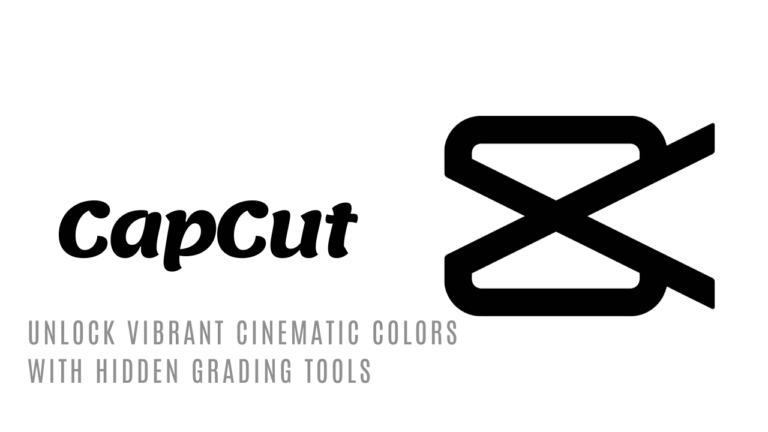Who is CapCut owned by?
CapCut is owned by ByteDance, the same technology conglomerate behind the globally popular social media platform, TikTok. Launched to provide an accessible yet powerful video editing tool, CapCut has fast become a favorite amongst content creators for its user-friendly interface and robust feature set, including advanced editing options, unique filters, and a vast library of music and sound effects directly integrated with the TikTok ecosystem.
What company is behind CapCut?
ByteDance, a tech giant known for its innovative approach to digital content, is the powerhouse behind CapCut. Established in China, ByteDance has a diverse portfolio of products that emphasize content consumption, creation, and sharing, making it a key player in the global digital landscape.
With its commitment to enhancing the creative toolkit of digital content creators, ByteDance continues to push the boundaries of what is possible with apps like CapCut, thereby strengthening its position in the competitive world of tech.
Is it caput or kaput?
The term often confused in relation to CapCut is “kaput,” which carries a completely different meaning. “Kaput,” of German origin, broadly signifies something that is broken or not functioning. In contrast, “CapCut” refers to the innovative video editing application developed by ByteDance.
This confusion can sometimes lead to amusing mix-ups in conversation, but it’s clear that CapCut, thriving under ByteDance’s umbrella, is far from being “kaput” — it continues to evolve and cater to the creative ambitions of its wide user base.
Does caput mean head?
The word “caput” is indeed Latin for “head,” which is a stark contrast to the technological realm CapCut operates within. This term has historically been used in various contexts to denote leadership or the top part of something, highlighting the versatility and evolution of language through different fields and times.
However, in the current digital age, “CapCut” shines as its own entity, distinct from the classical roots of “caput,” yet it ironically positions itself at the forefront (or “head”) of video editing technology, showing an interesting, if unintended, linguistic parallel.
What does go kaput mean?
To “go kaput” means to cease functioning, break down or fail unexpectedly. The phrase, informed by its German origins, has been widely adopted into English vernacular to describe anything from machinery to plans that have gone awry. It’s a more colloquial and expressive way to note failure or dysfunction, capturing the suddenness and sometimes the frustration associated with such events.
Despite its negative connotation, the term “kaput” is often used humorously or light-heartedly in conversation, underscoring the resilience and adaptability inherent in human perspectives toward setbacks.
What does caput mean in slang?
In slang, “caput” is rarely used, but when it does make an appearance, it generally refers to something being finished or over, echoing its Latin roots in meaning if not in common usage. Similarly, in the vernacular of today’s youth, especially in digital conversations, phrases often transform, adopting new nuances distinct from their original definitions.
While “caput” might not be a staple in modern slang, its lexical cousin “kaput” more frequently captures the essence of things coming to an abrupt end, demonstrating the fluid nature of language and its ability to evolve across time and cultures.






![How to Customize CapCut Templates for Your Business Branding [Updated 2024]](https://newcapcuttemplate.com/wp-content/uploads/2024/05/Minimalist-Tutorial-Event-YouTube-Thumbnail-2024-05-31T225507.509-768x432.png)